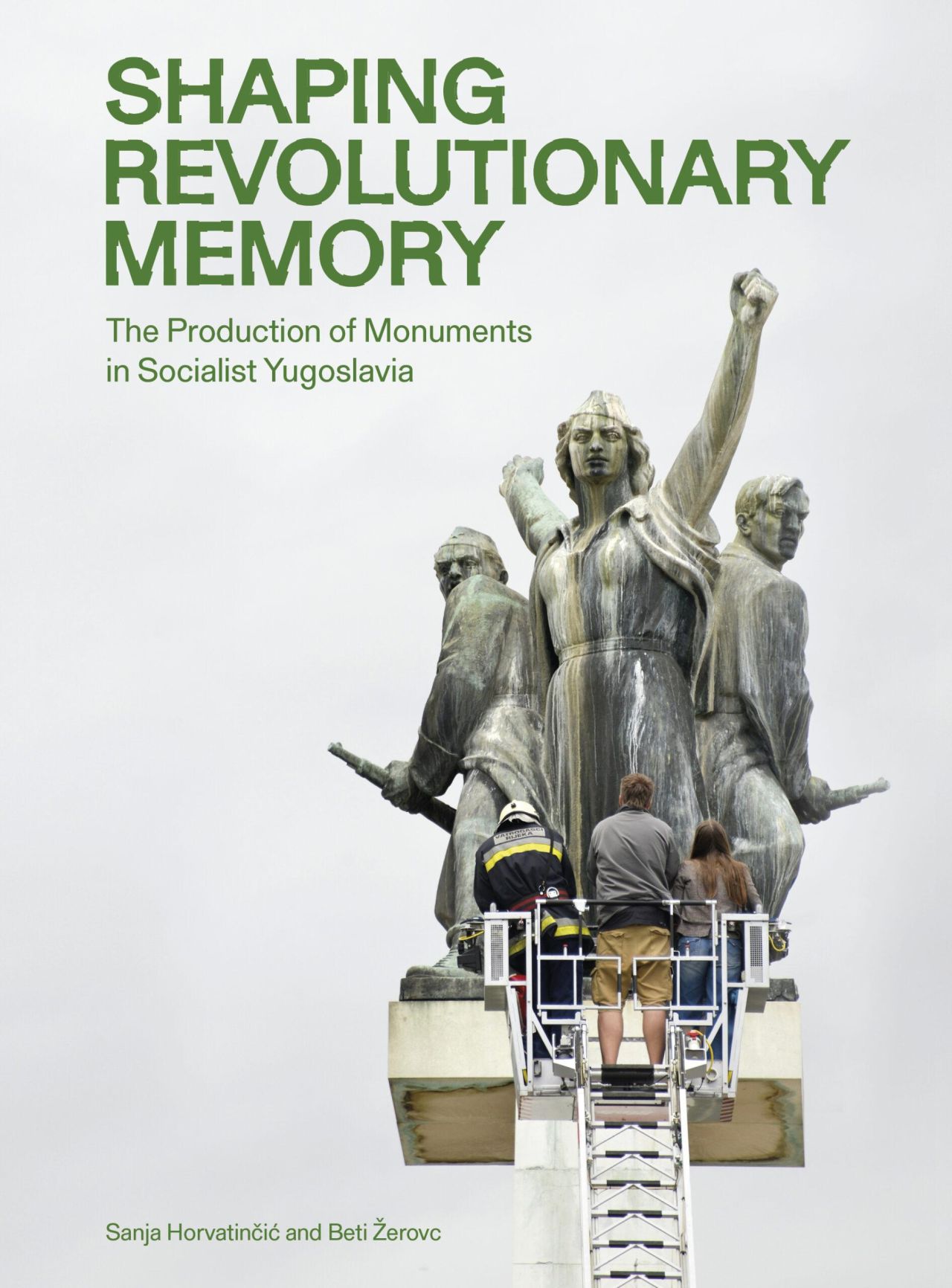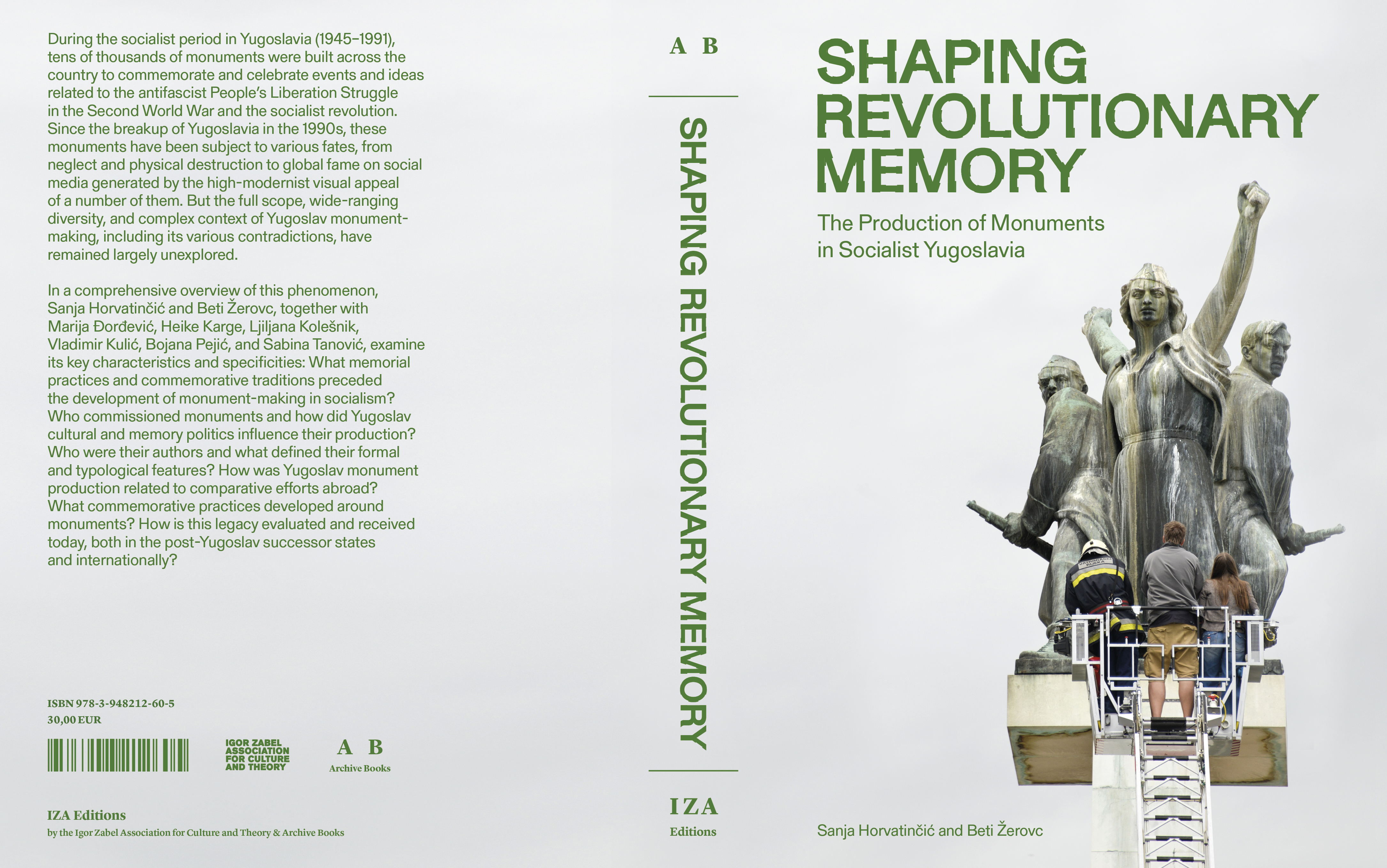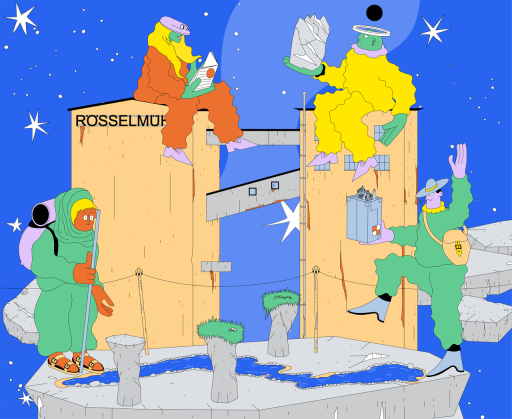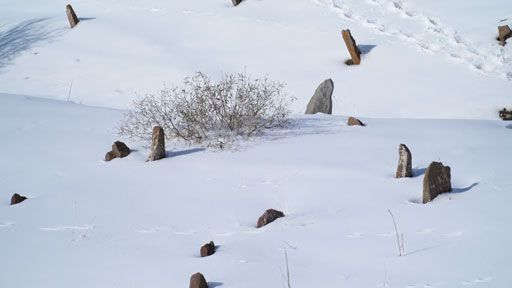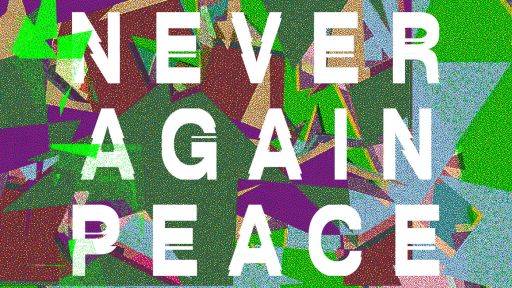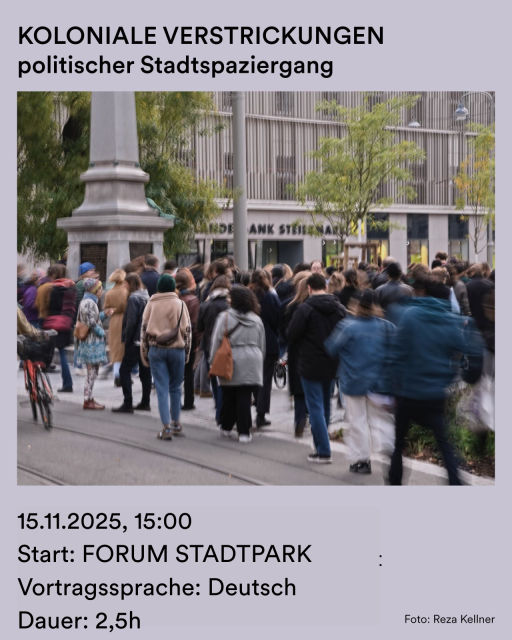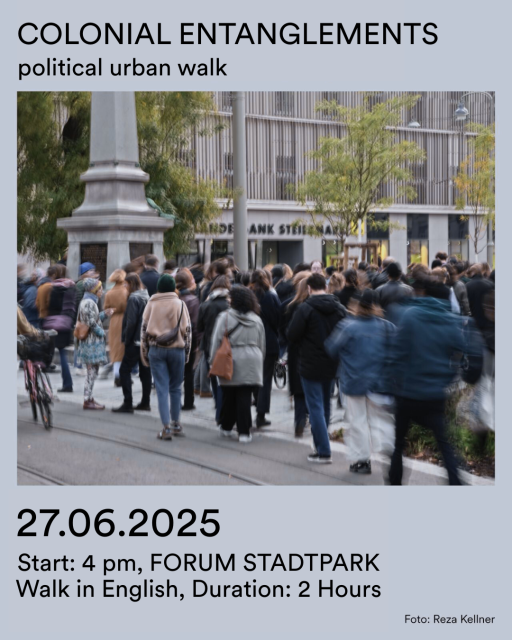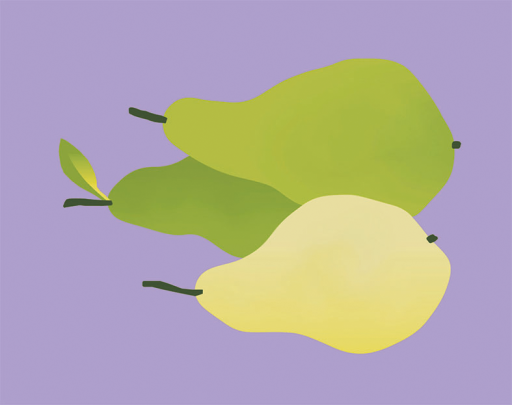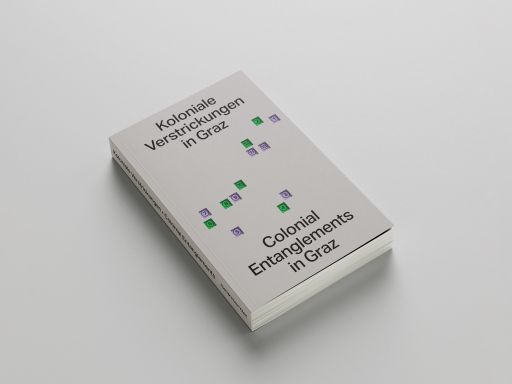Shaping Revolutionary Memory
Together with Sanja Horvatinčić and Beti Žerovc, the editors of the book Shaping Revolutionary Memory: The Production of Monuments in Socialist Yugoslavia, we will discuss memorials to the Second World War in Yugoslavia, we will talk about practices of memory culture in a socialist country, about architectural competitions and memory "from below", and finally we will reflect on the passing - of memory and of the monuments themselves.
The discussion will be accompanied by the short amateur film Zaustavljena Istorija (Suspended History, 1961, Kino Klub Novi Sad, YU), which expands the view to cinematic practices of cultural remembrance.
__
The publication presents a comprehensive overview of the vast production of monuments in socialist Yugoslavia (1945–91) dedicated to the antifascist People’s Liberation Struggle in the Second World War and the socialist revolution. Since the breakup of Yugoslavia in the 1990s, these monuments have been subject to various fates, from neglect and physical destruction to global fame generated by the high-modernist visual appeal of a number of them. But the full scope, wide-ranging diversity, and complex context of Yugoslav monument making, including its various contradictions, have remained largely unexplored.
__
The book offers a thorough and interdisciplinary exploration of this phenomenon and a rich visual material to examine its key characteristics and specificities: What memorial practices and commemorative traditions preceded the development of monument-making in socialism? Who commissioned these monuments and how did Yugoslav cultural and memory politics influence their production? Who were their authors and what defined their formal and typological features? How was Yugoslav monument production related to comparative efforts abroad? What commemorative practices developed around monuments? How is this legacy evaluated and received today, both in the post-Yugoslav successor states and internationally?
__
The event will be held in English.
Links:
https://www.archivebooks.org/shaping-revolutionary-memory/
https://geschichte.uni-graz.at/de/suedost/
__
A cooperation of Forum Stadtpark, the Department of Southeast European History and Anthropology, and Southeast Europe Association e.V. (SOG).
